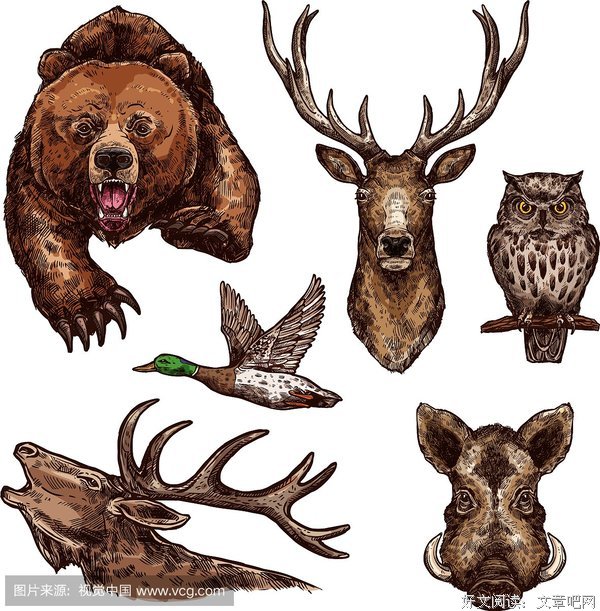《动物学》经典影评有感
《动物学》是一部由Ivan I. Tverdovskiy执导,Natalya Pavlenkova / Masha Tokareva / 亚历山大·戈尔奇林主演的一部剧情类型的电影,特精心从网络上整理的一些观众的影评,希望对大家能有帮助。
《动物学》精选点评:
●我还是挺喜欢看这种 白描叙事欧洲片的。 大妈演的非常好了。尾巴是个意象吧(虽然还是有点恶心) @海航飞机
●3.5 第三幕完全不行。前兩幕跟前坐廢青同盟相像,藉尾巴的自慰陽具,暗諷醫院政府的無能拖延與怠惰、社會上第謊言的庇佑。中年女子尋找愛情與家庭溫暖之危機。
●标记
●剧本的设定很好,寓言式的电影,口味有些重,导演有些猎奇。
●用这样的方式表现独特个性,还是挺有意思的。独特性虽然也会成为吸引人的因素,更多随之带来的不合群不能被别人接受认可。尾巴带来嘲笑讽刺和孤独同样带来爱情,但最终的结果还是选择切掉归类。电影构思巧妙但稍显虚弱,统一的低饱和蓝色摄影风格是电影的优点,俄罗斯摄影这方面做的很好现代艺术味浓厚
●男友原来喜欢吸啊 哈哈哈
●当一切手段都无法激发自己的想象力去打动观众甚至连哗众取宠都不会时,才可能搞出这样的破烂。
●3.5 重口猎奇,黑色幽默,主题很多,但没有突出,也没有升华,最后只能归结为猎奇小品,可惜了挺有意思的设定。
●关于理解与歧视。当被视为“恐惧目标”的女儿对着母亲说:“她有点害怕了“的时候,止不住了自己的泪水,女儿拖着的尾巴,就像我们的抑郁症、贫穷等等,被误解为一切祸的根源。10分!
●自身有异样的话,要想融入社会,必须学会自我阉割呗?
《动物学》影评(一):提听到名字以为是科教片
只看了一遍可能没看懂,还是觉得角度挺特别 投了5分。
孤独的女主,没有人走进她的内心。同事、家人她真正的朋友貌似是那些笼子里的动物。
爱情也是如此,没有实力做出选择,只能在最后爆发。人就是一个动物,但你自己意识不到。
基因决定你会自然而然的以貌取人,教条的医院,被别人的语言蛊惑。这样一帮乌合之众就是人啊。
然而你在这样的环境中,没有实力就没有权利选择自己想要的生活。
女主最后走向了妥协。
《动物学》影评(二):尾巴造就了我的孤独,也压抑了我的渴望
重口味版“如果你喜欢怪人,其实我很美”。尾巴指代的是个人与主流的差异,嘴上说着多元包容,实际上你和别人明显不同多半是会被疏远。影片似乎想寓言人类现代生活不过也如同动物园里的动物一样,家庭、工作,情感,特别是当女主和男主在动物园笼子里的对话和啪啪的行为,但着墨不多。可是,女主在这个过程中突然对男主吸吮她尾巴的行为十分敏感,决定不做了。此后就开始剧情的转折,女主告诉了妈妈,然后鼓起勇气斩断自己的尾巴。这种处理显得十分生硬,唯一可能的解释是,尾巴是女主的痛点,男主却甘之如饴,这更让女主觉得自卑。尾巴造成了她的孤独,也压抑了她的渴望。唯有自我阉割,才能融入社会。
《动物学》影评(三):【TIFF16】Zoology
Zoology is a fable-like story with just the right dash of surrealism. However, writer-director Ivan I. Tverdovskiy gets too heavy-handed with allegories, preventing the premise from reaching its full potential. However, the acting is strong and there is enough wry humour in the film to make it a fairly pleasant watch.
atasha (a thoroughly convincing and very dynamic Natalya Pavlenkova) is a middle-aged loser, bullied at work and still living with her mom. But she has a secret -- she has grown a tail, a pink, hairless appendage that seems to be not totally within her control. She goes to see the doctor about the tail, but the doctor keeps sending her back to take x-rays, as he always claims that the image isn't clear enough. Natasha becomes involved with the younger x-ray technician, Petya (likably played by Dmitriy Groshev), who is completely unbothered by the tail. Natasha is, at first, thrilled by the acceptance. But this becomes the source of the ultimate conflict in the film.
Tverdovskiy clearly intends the tail to be representative of something -- or perhaps many things, and this creates loopholes in the plot that even Natalya Pavlenkova's acting can't quite cover up. The ending feels rather contrived, and is not at all satisfying. If we see the tail as a symbol of Natasha's difference, then why does she suddenly decide to get rid of her tail when Petya demonstrates desire towards it? Up to that point, we see the positive changes Natasha's acceptance of her tail has had on her life, and when she joins in the communal gossiping about the unknown "devil woman" who has a tail, we see that she is encouraging the narrative of difference surrounding herself. In another scene, we see Natasha literally getting off with her tail, in the bathtub. One reading of the ending might be that Natasha feels fetishized and objectified by Petya, in that to him, what makes her different has taken over as her entire personality. While this dilemma between loving yourself for your uniqueness and being perceived as nothing more than a label would make for a great climax, the film does not flow naturally in this direction, and so the ending feels abrupt and forced.
imilarly, the cinematography by Aleksandr Mikeladze starts out very distinctive -- a series of hand-held shots statically framed, with the mise-en-scene being geometric to the point of neurosis, and a beautifully monotonous colour palette composed of various shades of muted blues -- but ends up becoming loose and unfocused as the story progresses.
All in all, Zoology's premise and opening is better than its execution and conclusion, but it is still worth checking out: while it's no masterpiece, it does have a certain charm about it.
